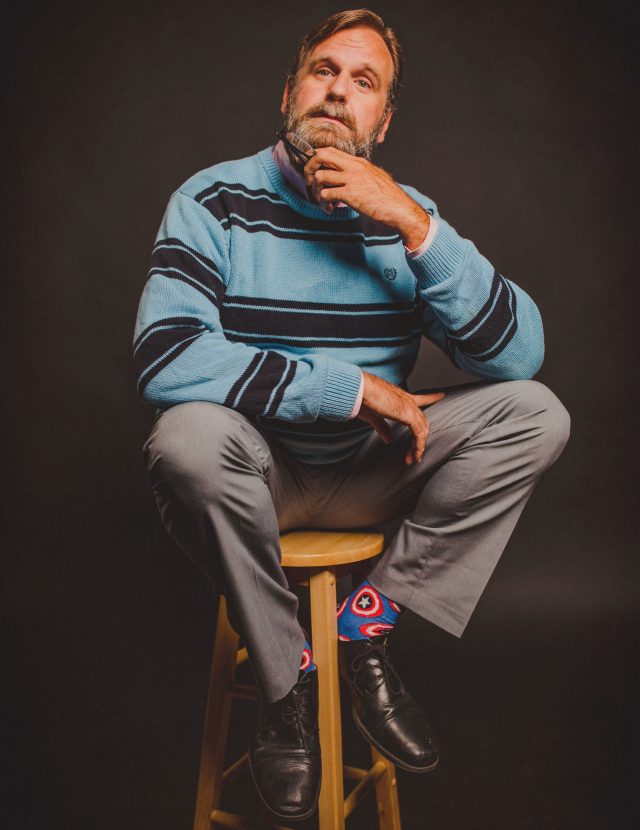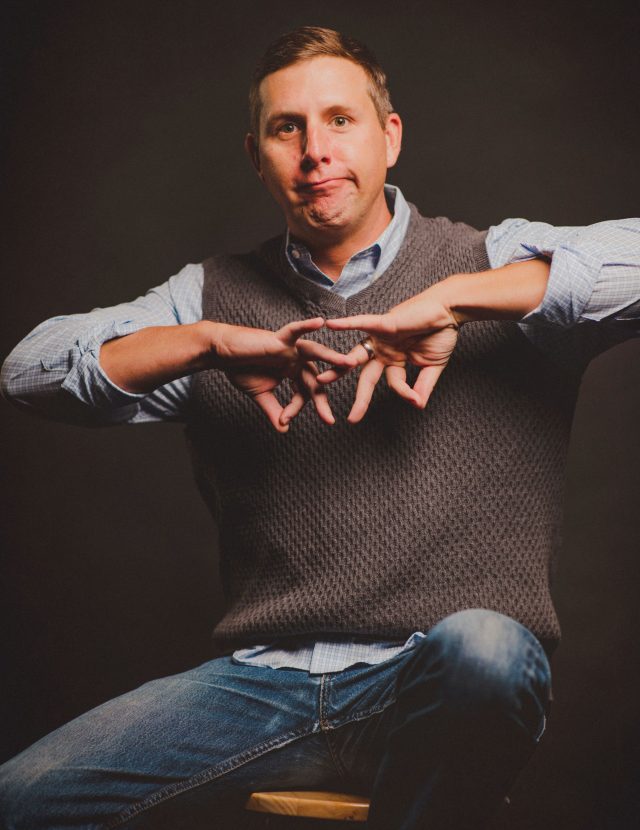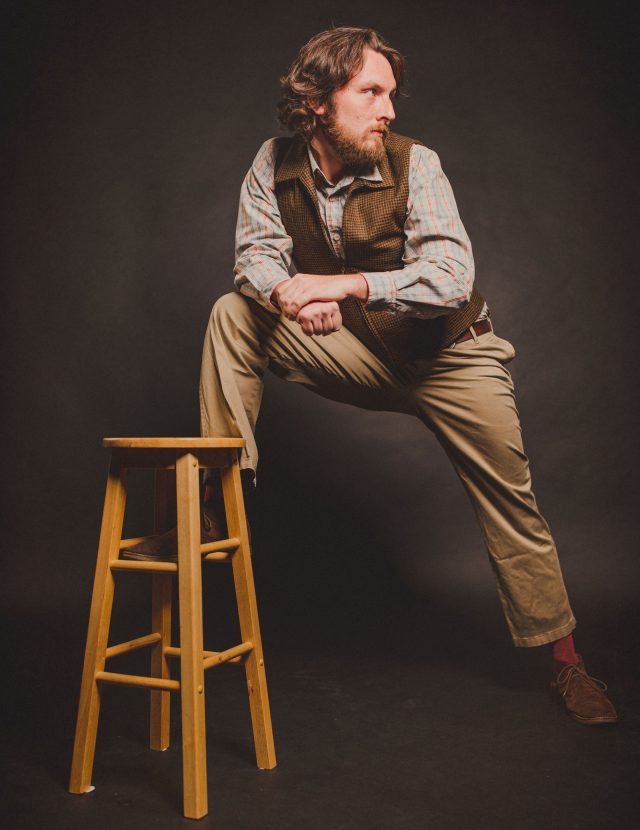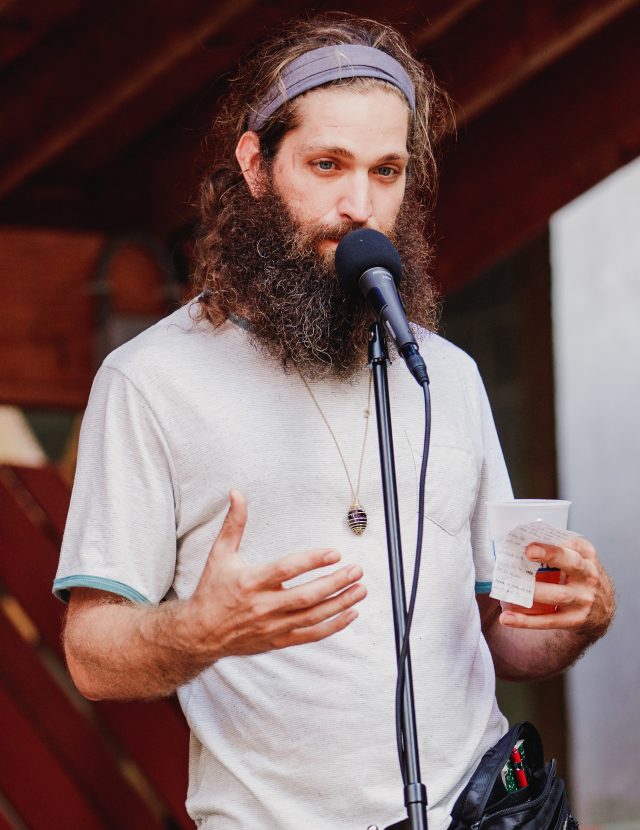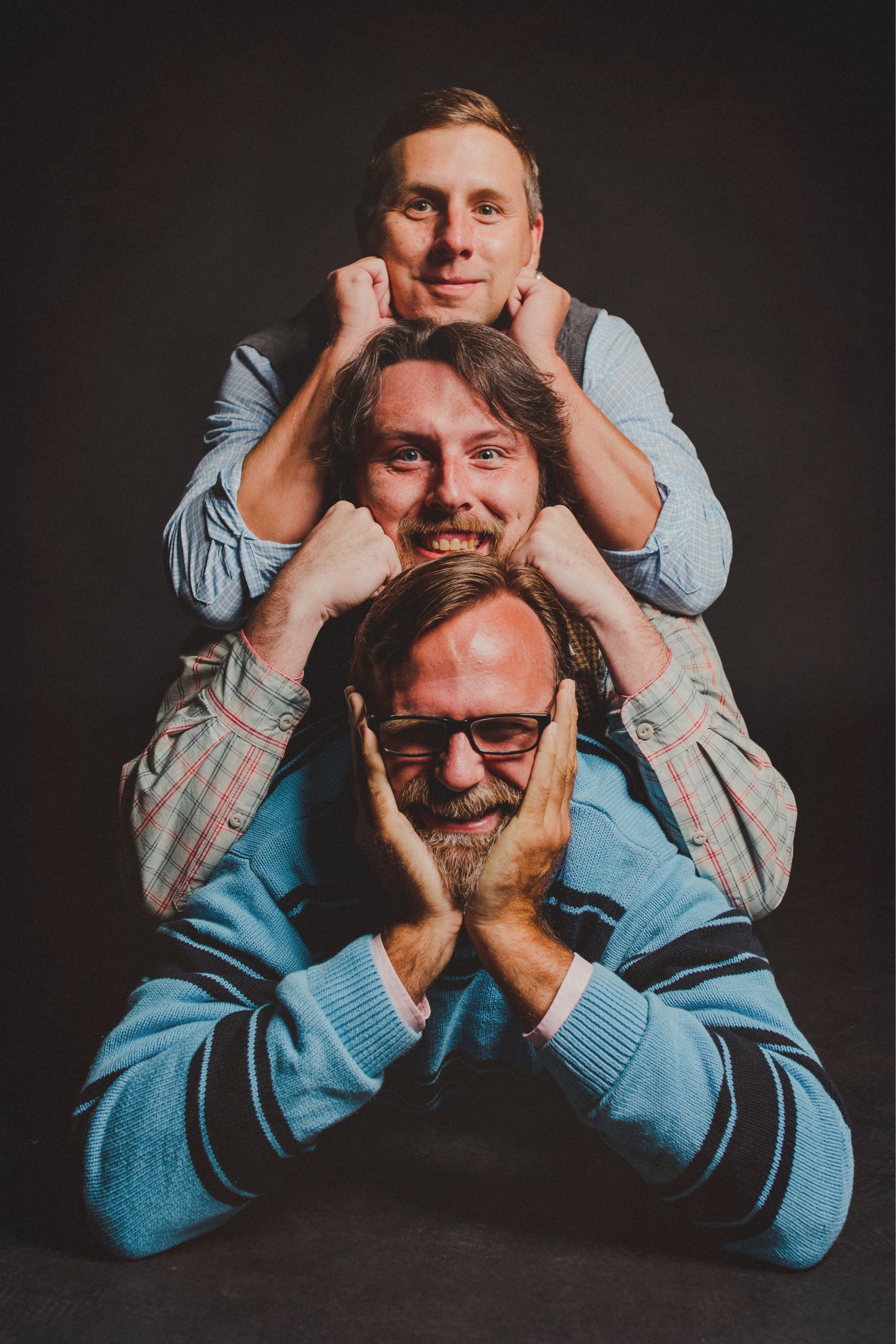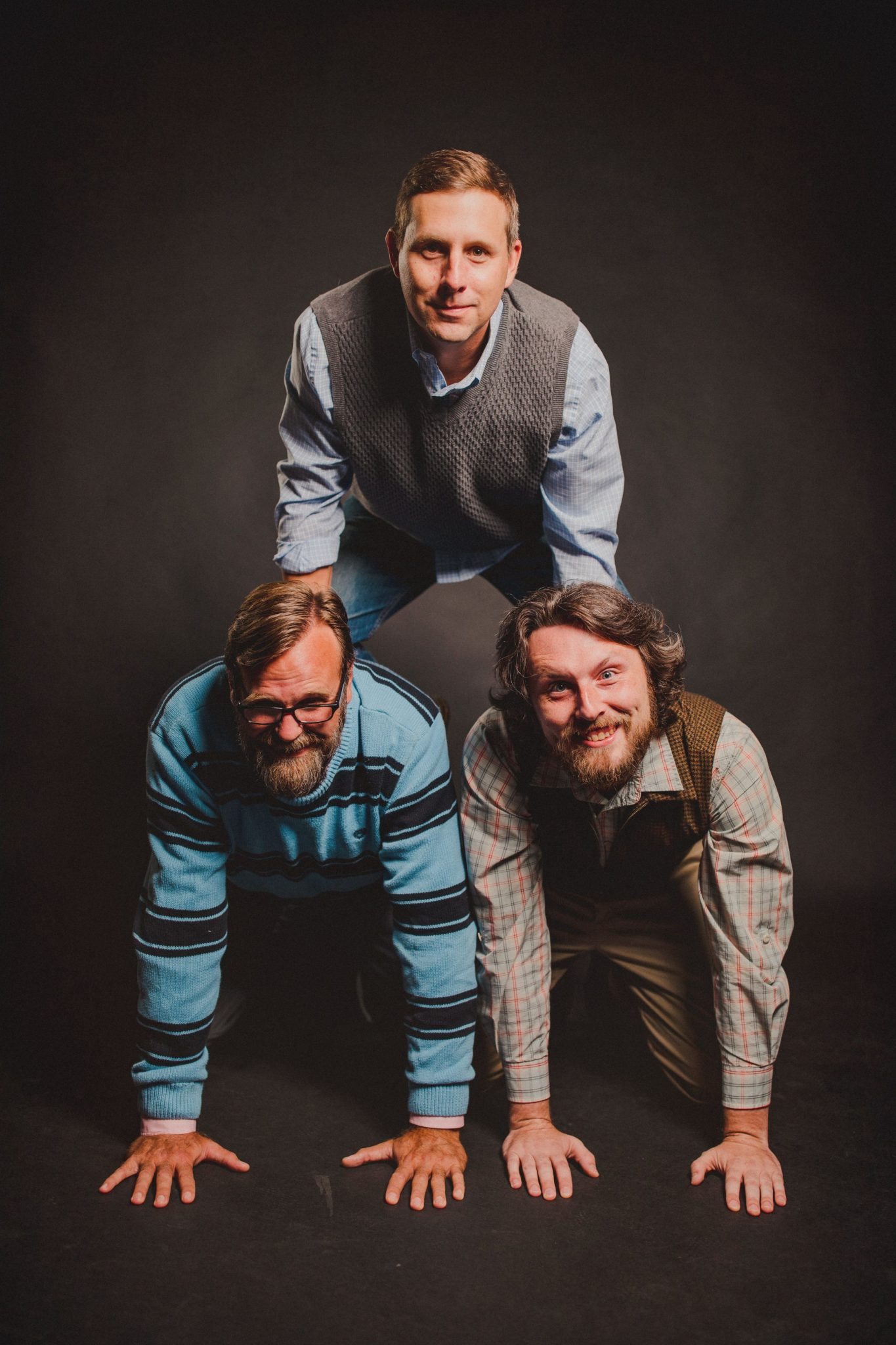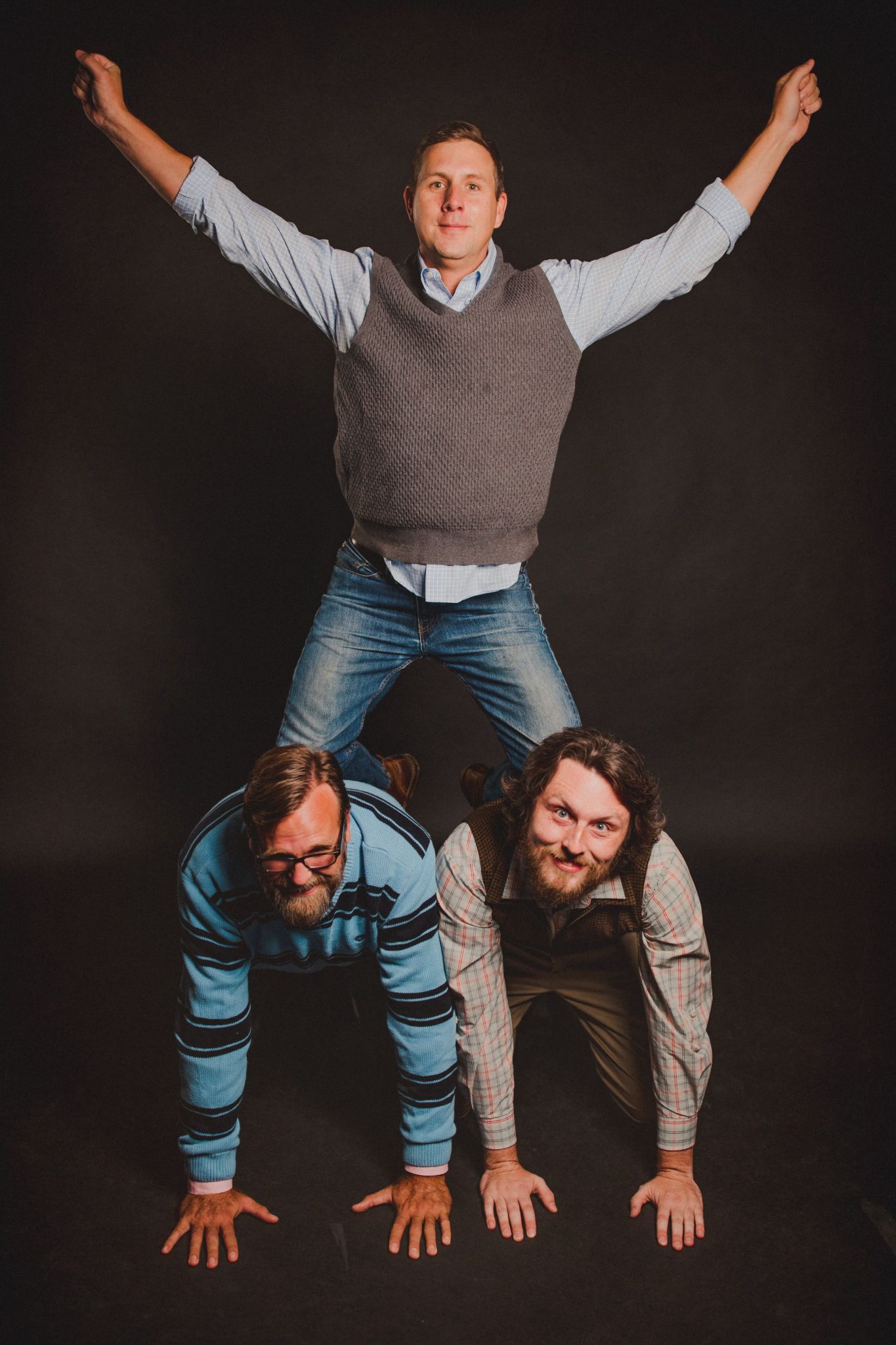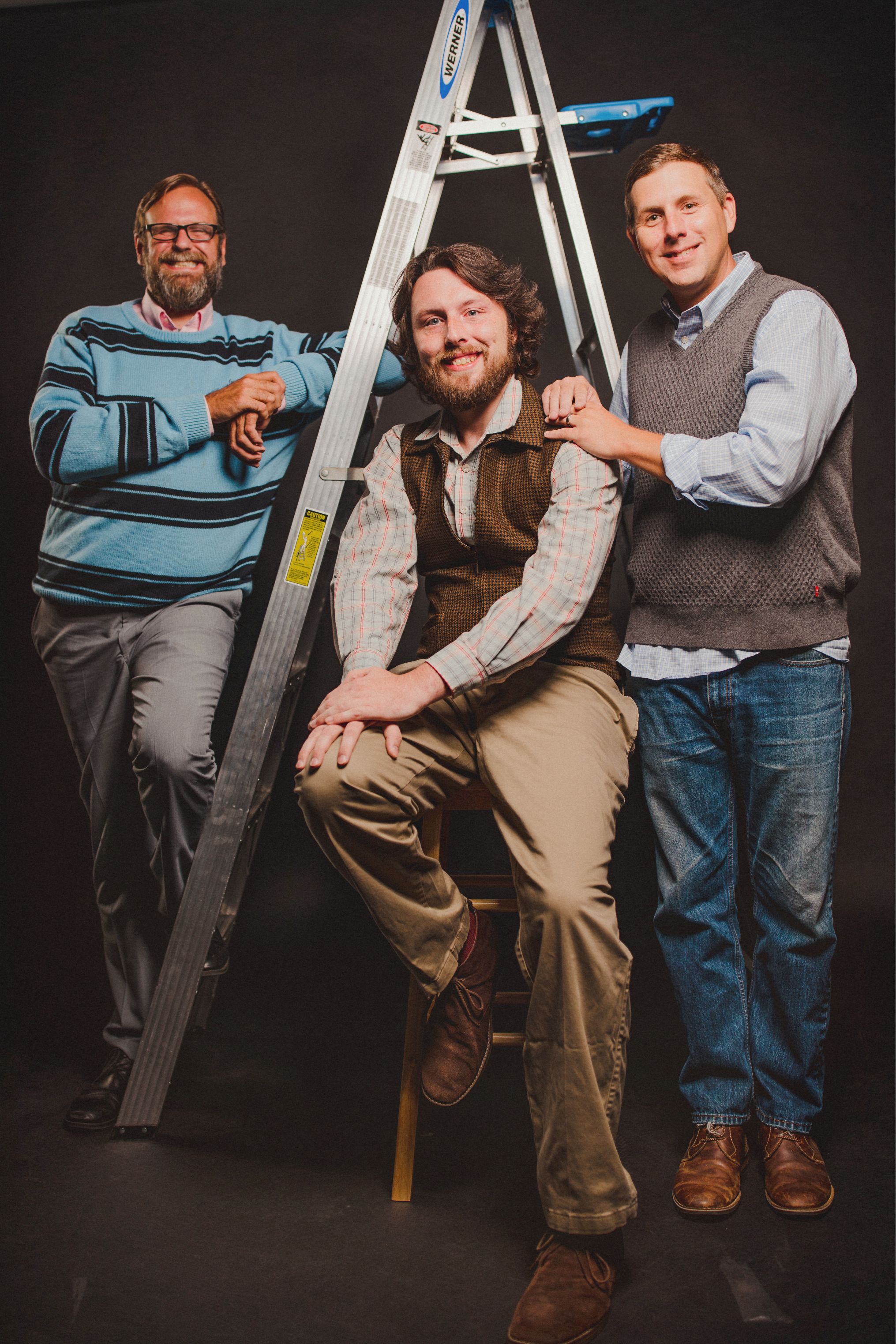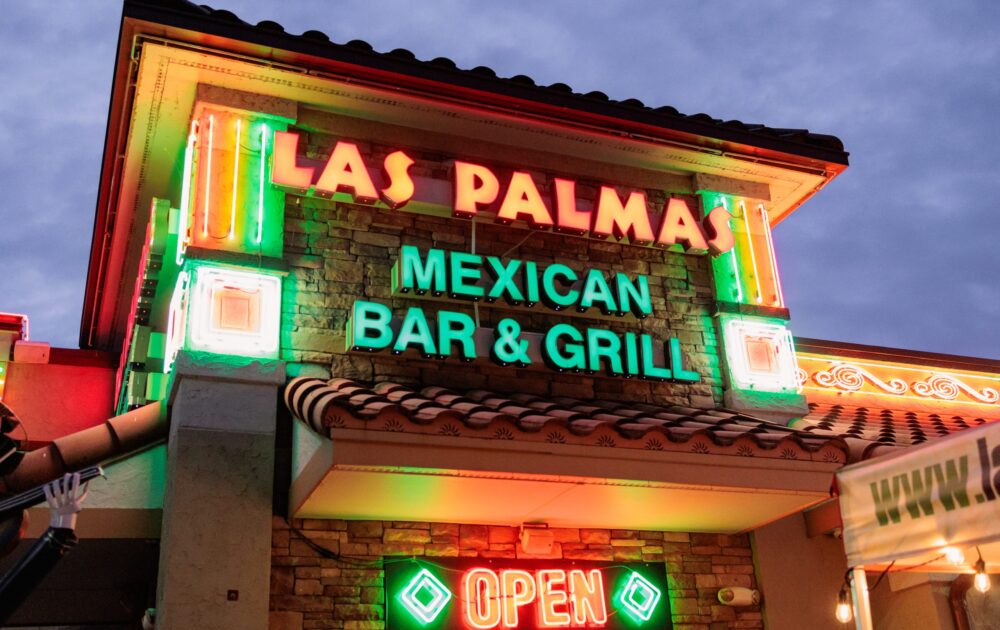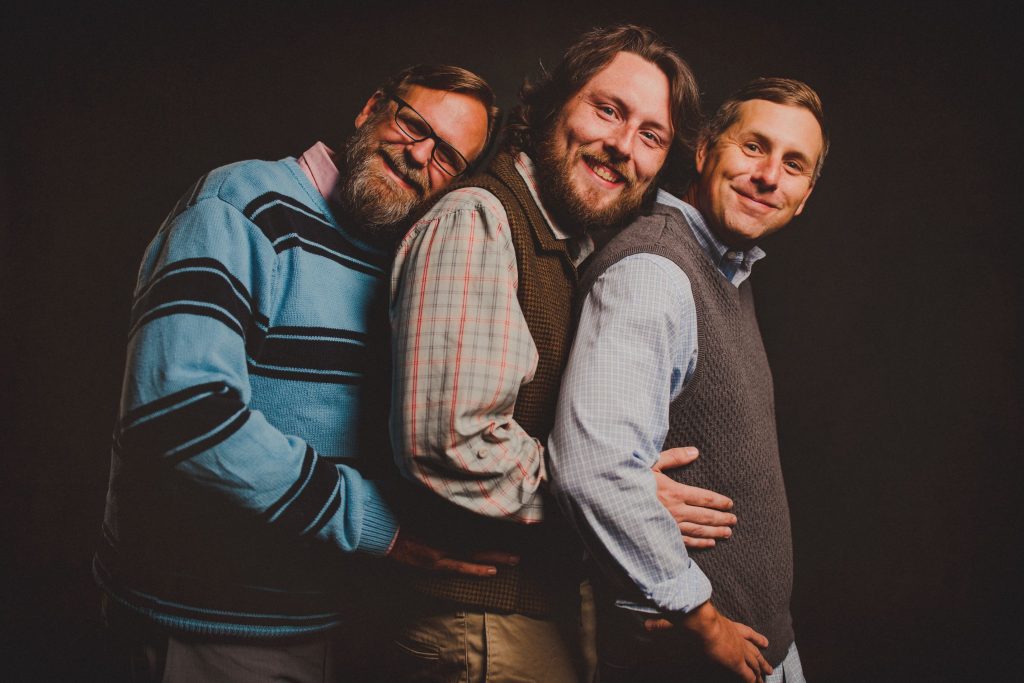
Photos Cameron Flaisch
Humor, to humans, is an innate sense of life. Why do you think they call it a “sense” of humor? Similar to our sense of smell, hearing, taste, sight and touch, humor is also capable of development. An ever-evolving sense that most everyone possesses, but only few can harness.
The modern concept of humor has long been developing since the late 19th and early 20th centuries when the United States of America initially gave birth to stand-up comedy, a new art form that would eventually change comedy worldwide.
Stand-up comedy, however, is an odd sort of entertainment. Unlike our beloved television shows and film, there is no narrative structure, no plot, no back story, sets, editors or producers. It’s simply a comedian and an audience, where you either score a laugh or you don’t.
Some of the more familiar stand-up comedians in mainstream media today are people like Dave Chappelle, Ali Wong, Sarah Silverman and Chris Rock; who you’d have to travel to Hollywood, search on YouTube or wait until Netflix produces an entire comic drama of their jokes to hear. But what about the comedians right here in Rome?
Members of the Rome Comedy Enclave noticed the void of comedy throughout Rome—a vacant gap that could only be filled by those who harness the sense of humor.
The Rome Comedy Enclave consists of Darris Linginfelter, Jeff Beard, Greg Hall, James Schroeder, Alex Alexander, Bryan Mullins, Derek Heller and Sarah Shilling—who all interchangeably use the Enclave as a comedic outlet to express themselves here in Rome.
Beginning as a group with no name, these eight comedians have been together for a little over three years. Having previously only performed once every three months, the group has ramped it up to several shows a month; they officially formed the Rome Comedy Enclave about two months ago—which has been a feat to conquer since the very beginning.
“The Rome Comedy Enclave was born out of all of our similar interests in stand-up comedy,” explains Darris Linginfelter, a salesman in the steel industry by day, and joke-cracker by night.
“I started doing stand-up about three years ago—we are all relatively new to this. James Schroeder grabbed me while I was upstairs having dinner on the Moon Roof,” Linginfelter continues. “He knew I had been wanting to do stand-up for a while, and they were having an open mic night, so I went down to Darkside and did my first set. I remember coming off stage thinking; hey, I actually made a few people chuckle. The rest is history.”
Jeff Beard, who’s day job as restaurant manager keeps him busy, got his first feel of comedy through his participation in community theater. “I started stand-up about three and a half years ago. Alex Alexander was putting together a show at Harvest Moon and had reached out to me during that process to see if I would host the show,” says Beard. “I kind of got roped into it from there. And I mean, I’ve done community theater for forever, so it feels like a natural extension of what I’m doing now.”
For Greg Hall, being anything other than a comedian was never how his life would end. “Ever since I was a little kid, I have been told by everyone (teachers, my parents, friends, etc.) that I should be a comedian. So, I finally decided to try it. I would say I have been doing stand-up for almost five years now,” chuckles Hall.
Because stand-up comedy is quick, lively and usually appealing to a pretty jarring crowd, performers have to refine their punch lines to be sure they score a laugh. This can be as simple as talking about oneself (like Linginfelter), or even drawing from things, people or places around them, and a lot of the Rome Comedy Enclave’s material derives from their use of observation of life around them.
“I usually gather my material from everyday situations,” says Linginfelter. “Really, I just look at my life and start there. I make fun of myself more than anyone I know. I love that; if I can make fun of myself and make other people laugh, then that’s great. i.e. being married, getting old, crazy family things people deal with every single day.”
For Beard, he draws his inspiration for jokes from his experience raising five kids. “My life is a bad sitcom as it is… so, I can either write scripts or tell stories on a stage. I am the master of the dad joke, but I don’t think have ever actually told a dad joke on stage. They are more like dad perspective jokes,” laughs Beard as other members of the group nod their head fervently in agreement.
“Jeff is completely correct,” adds Hall. “You have to be real. If you are going to do comedy, you have to be real or else people will see right through you. I try and treat stand-up as sort of the same concept as if one were standing with a group of friends just telling jokes, just on a bigger scale.”
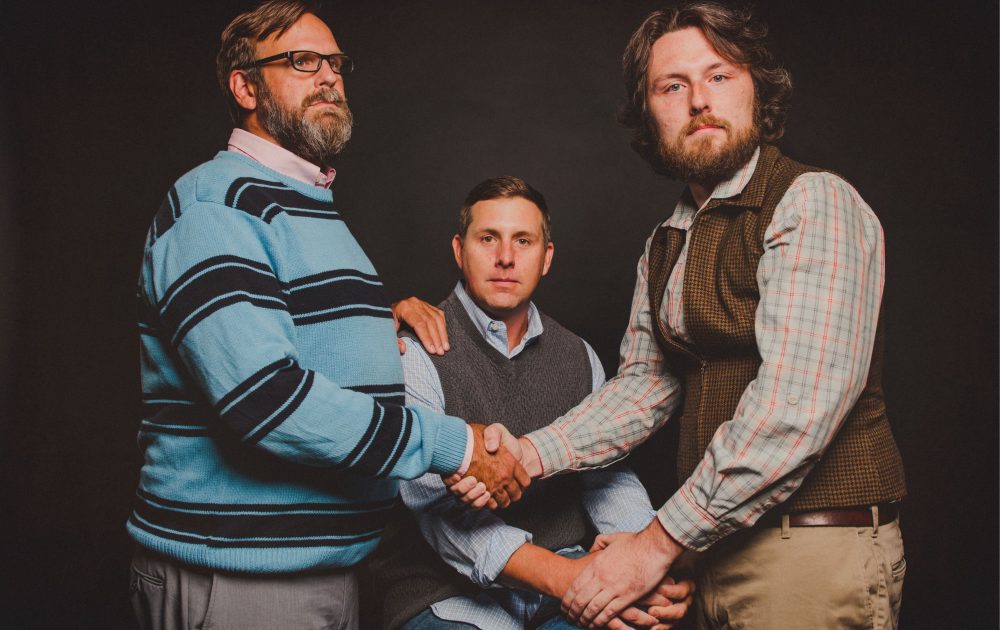
According to Linginfelter and Beard, it works, too, if you use the mic as a therapy session—just in front of a room full of people waiting to chuck a laugh your way at any second.
“Sometimes, I treat my sets as therapy almost, because it is an outlet,” says Linginfelter.
“There is some catharsis involved in it, for sure,” Beard agrees. “Every time we advertise, I either say ‘you’re going to laugh with us or either laugh at us.’ Sometimes the bit is not actually funny, but it is easier to laugh along with someone, rather than cry.”
“I mean, it is kind of funny to watch someone put all of his stuff out on the table,” laughs Hall.
“It is what it is,” says Linginfelter. “Sometimes you get up there and make people laugh, and sometimes you’re like oh my god, I just want a beer.”
With Rome being a smaller community, and everyone seemingly knows one another, there is also the overlap with that that draws jokes for the Enclave to use throughout their sets. “You can point out someone in the crowd and joke with them, or you can find something that everyone relates to being in such a tight knit community. It’s definitely fun that way,” says Linginfelter.
As mentioned earlier, the members of the Rome Comedy Enclave knew there was a void in Rome for comedy, and their goal from the beginning was simply to fill it. “There is honestly such a void in Rome for stand-up comedy,” explains Hall. “We had Village Theater here for a little while that was doing some stuff, but once they left, that was it. That was the last of the comedy.”
“Music fills a specific void, and Rome has a great music scene,” continues Beard. “There are a lot of times that you can see really talented musicians right here in our backyard. Right now, if we aren’t doing a show there is no comedy. If we are doing a show, it’s mediocre comedy. It would be really nice to have that specific void filled in a bigger way.”
Linginfelter, Beard, Hall and their crew pinpointed the audience for stand-up comedy in Rome, and continuously works to appeal to those same fans (along with new ones) during their shows. “We’ve noticed the same people come out to support us at different venues around town,” says Linginfelter. “We’re getting a lot of positive feedback from them, but on the other side, people are really honest with us, which is great. It’s awesome that people are being honest with their feedback, which tells me that they really care and want us to do well.”
“Our ultimate, immediate goal is to fill the comedy void in Rome,” closes Hall. “The long-term goal is to start bringing in bigger name comedians to Rome for our community, but also for us. We would love to open for other comedians with a following—it would help us learn so much, as well as be a big influence on us as novice comedians.”
The Rome Comedy Enclave is hoping to not only give their audiences a good laugh, but to also bring more comedians to their team of ambitious jokers. So, grab a beer (or two) and join them on stage the next time they perform.
To catch one of the Rome Comedy Enclave’s future shows, visit their Facebook page: @RomeComedyEnclave

